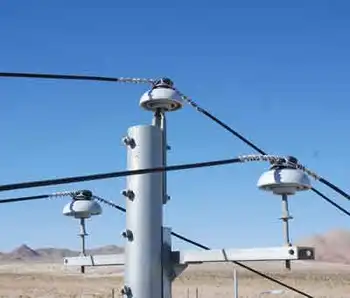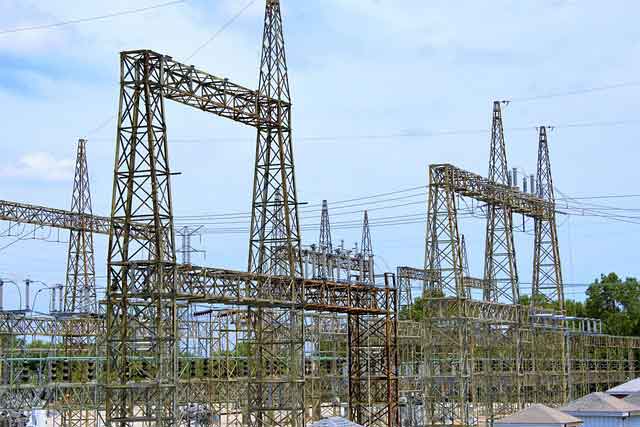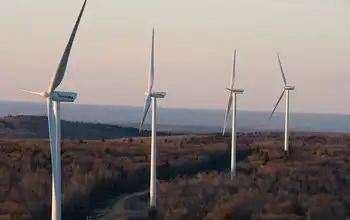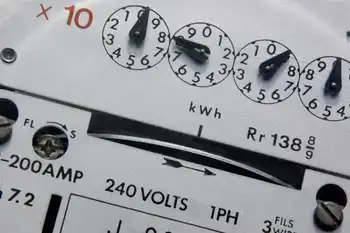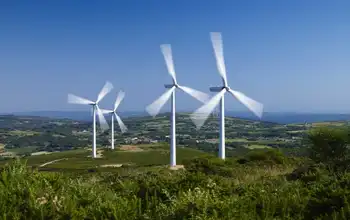Oil spill may spur action on clean energy
By New York Times
Arc Flash Training - CSA Z462 Electrical Safety
Our customized live online or in‑person group training can be delivered to your staff at your location.

- Live Online
- 6 hours Instructor-led
- Group Training Available
Energy, maybe. Climate, probably not. There is growing sentiment for a measure that penalizes BP, imposes higher costs and tougher regulations on offshore drillers and takes some steps toward reducing overall energy and petroleum consumption.
But despite the outrage over the spill, there appears to be limited appetite in the Senate for a broad-based effort to cap greenhouse gas emissions across the board.
Enacting that kind of legislation will require a grand bargain involving greater nuclear plant construction, concessions to the coal and utility industries, exemptions for major manufacturers and more, not less, domestic oil and gas drilling to attract Republican and moderate Democratic support.
A coalition of 60 votes needed to overcome a filibuster is not yet in sight. In the words of Senator Lindsey Graham of South Carolina, a Republican who worked on a climate change bill for months before pronouncing it hopeless, “There’s nowhere near 60 votes to save the polar bear.”
President Obama has said that the time has come to put a price on carbon dioxide pollution and vowed to find the votes for it this year. Reacting to the defeat of a Republican plan to block the Environmental Protection Agency from regulating climate-changing emissions, the president again cited the urgent need to pass clean-energy and climate legislation.
Behind the scenes, however, his advisers are working on a more modest package of energy-saving measures that stop well short of an effort to cap carbon emissions across all sectors of the economy.
Senator Harry Reid of Nevada, the Democratic leader, has also signaled that he is open to patching together a series of limited energy measures rather than trying to push through a big climate bill like one sponsored by Senators John Kerry, Democrat of Massachusetts, and Joseph I. Lieberman, independent of Connecticut.
Mr. Reid has asked top committee leaders for ideas on how to structure a package of energy initiatives to bring to the Senate floor in July, a clear sign that he does not believe that the Kerry-Lieberman bill has a chance to pass on its own. An aide said Mr. Reid would refine his strategy after meeting with the entire Senate Democratic caucus. Mr. Kerry is to deliver a plea for his broad measure at that session, aides said.
Mr. Graham said that until the causes of the BP oil spill were identified and addressed, he would not vote for any sweeping climate change legislation. Instead, he endorsed a bill introduced by Senator Richard G. Lugar, Republican of Indiana, that sets higher fuel economy standards for cars, provides incentives for the development of alternative fuels and imposes stricter efficiency standards on buildings. The Lugar proposal includes no cap on carbon emissions but would seek to reduce greenhouse gas pollution through energy-saving steps.
“I’m not going to take a vote on the floor without a rational policy because we’re in the middle of a major oil spill,” Mr. Graham said. “I’m not going to put that on the table until I find out what happened in the gulf and make sure it doesn’t happen again.”
Mr. Lieberman said the oil spill made it more urgent to enact comprehensive energy and climate change legislation. He acknowledged, however, that the measure he and Mr. Kerry sponsored lacked the votes it needs and would probably be carved up and served in combination with other bills like Mr. LugarÂ’s.
The oil spill, Mr. Lieberman said, has concentrated the capitalÂ’s mind on energy policy and the problem of oil imports, but there is still no agreement on how to address it.
“The spill is significant, it is horrific, and it is the result of some negligence by business and government,” he said. “Ultimately, it will be used by both sides in the energy and climate debate. But the necessity of doing something in this session stands on its own merits.”
Senate Republican leaders accused Democrats and the White House of trying to exploit the oil spill for political gain. Senator Mitch McConnell of Kentucky, the Republican leader, said last week that the Democrats were using the calamity in the gulf to push what he described as a job-killing climate change bill.
“What I believe most of my members, if not all of them, and a substantial number of Democrats in the United States Senate will not be interested in is seizing on the oil spill in the gulf and using that as a rationale, if you will, for passing a national energy tax referred to down here at the White House as cap and trade,” Mr. McConnell said after meeting with Mr. Obama and top White House advisers.
Environmental advocates who have pushed hard for years for climate change legislation said they believed that the BP leak could tip the scales in favor of action. What form that action takes is still murky.
“The oil spill is a disaster, but I think it increases the likelihood of a bill being enacted this year,” said Dan Lashof, director the Natural Resources Defense Council climate center. “There is still a question whether a bill that passes the Senate will be effective in responding both to the immediate needs to tighten drilling regulation as well as the larger issue of actually ending our addiction to oil and getting us on a clean energy path.”









